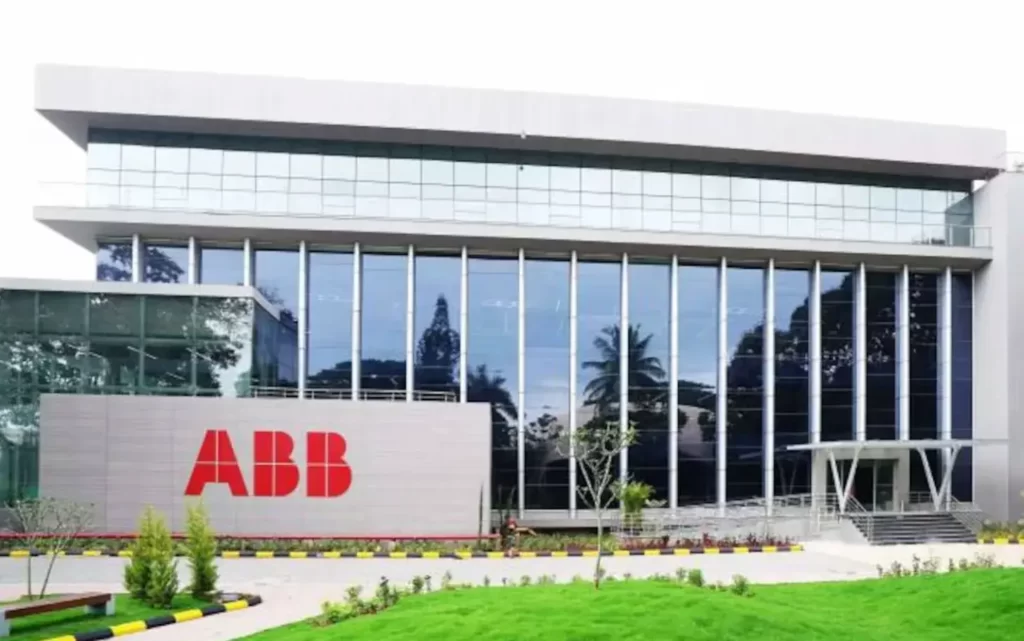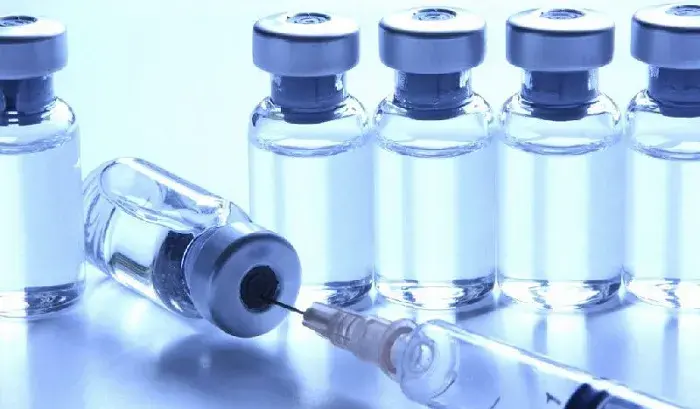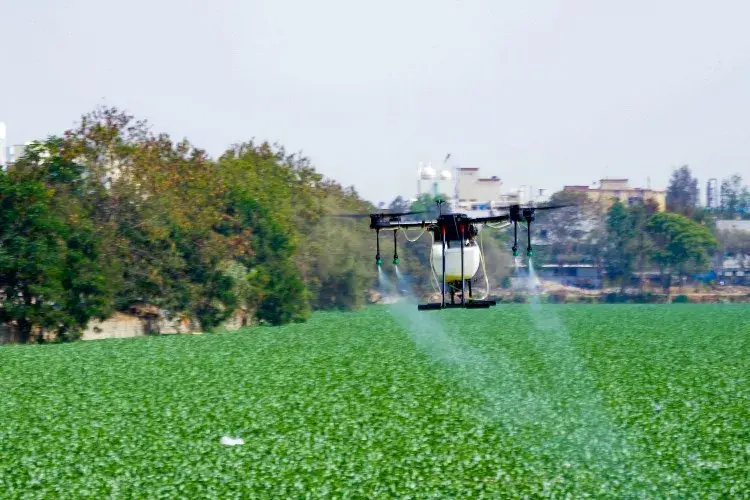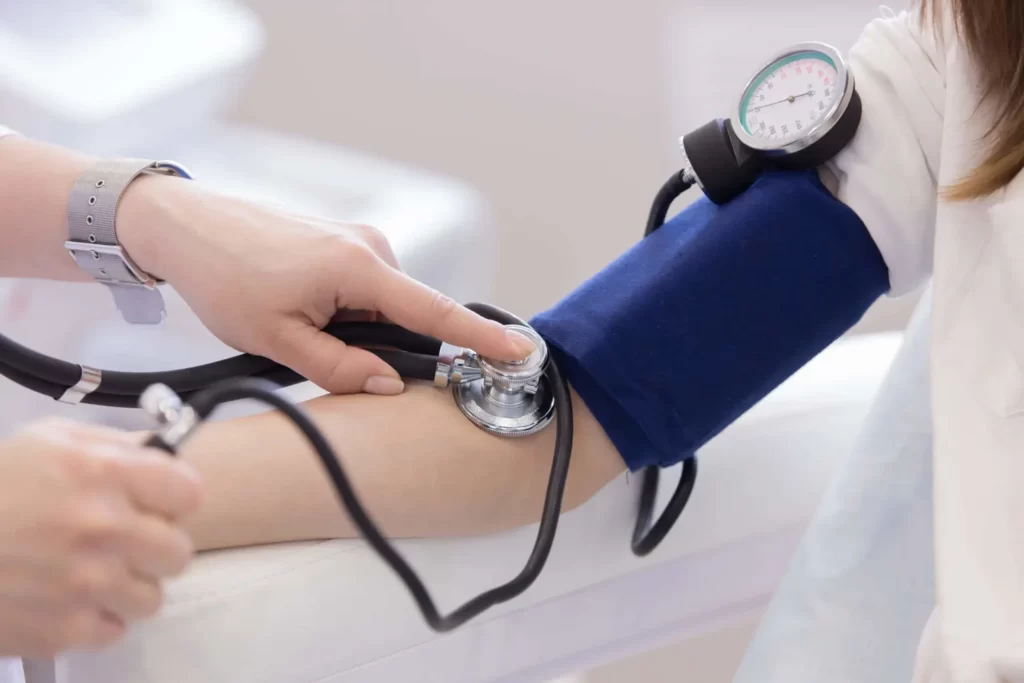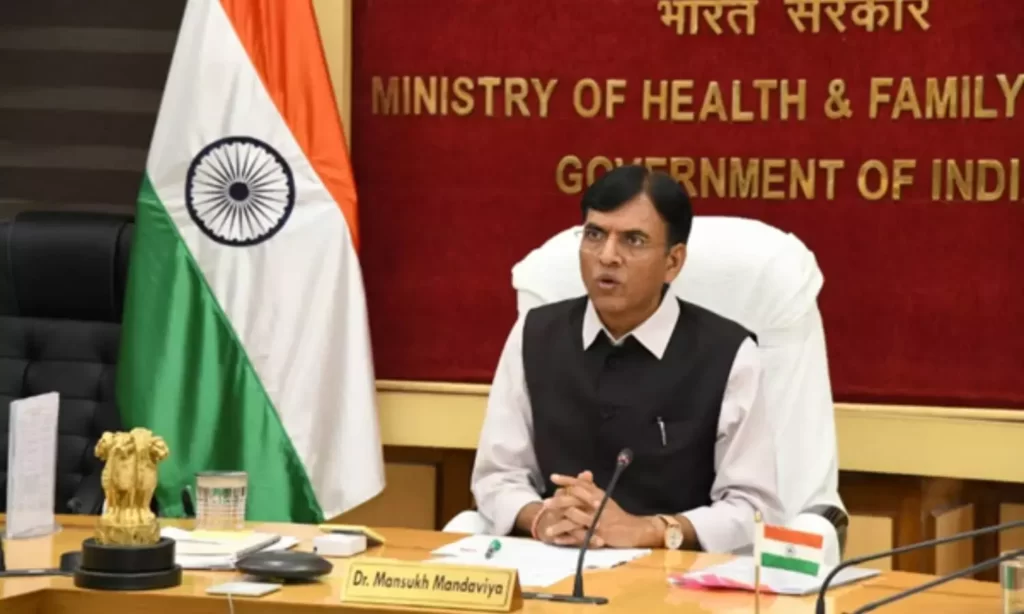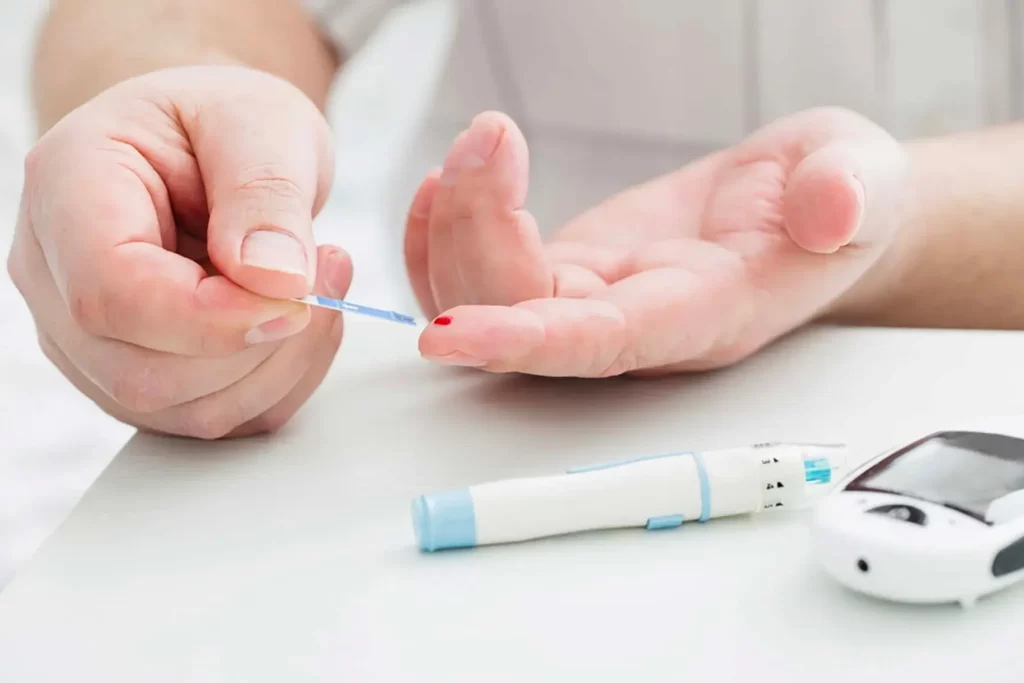ABB India Strengthens Pharma Footprint with Reliance Life Sciences Automation Deal
ABB India has announced that it has won a significant contract to provide automation services for Reliance Life Sciences (RLS) in their newly established manufacturing facilities in Nashik. The exact value of the contract remains undisclosed. The automation project will cover RLS’ expansive 160-acre site in Nashik, Maharashtra, where they will be manufacturing plasma proteins, biopharmaceuticals, oncology pharmaceuticals, and vaccines. The complexities of large-scale biotechnology production come with strict regulatory requirements to ensure product quality. ABB’s System 800xA solution will play a pivotal role in minimizing manufacturing errors and ensuring high-quality production yields. This system seamlessly integrates with various skid systems and is extensively utilized for smooth operator interactions, batch control, and real-time production information on the factory floor. G Balaji, Senior Vice President and Head of Energy Industries at ABB India, expressed pride in partnering with Reliance Life Sciences on this crucial project, which they believe will bolster their presence in the pharmaceutical and life sciences market, offering ample opportunities for growth and innovation. KV Subramaniam, President of Reliance Life Sciences, highlighted their longstanding commitment to leveraging automation technologies to enhance quality and productivity in their manufacturing processes.
ABB India Strengthens Pharma Footprint with Reliance Life Sciences Automation Deal Read More »

